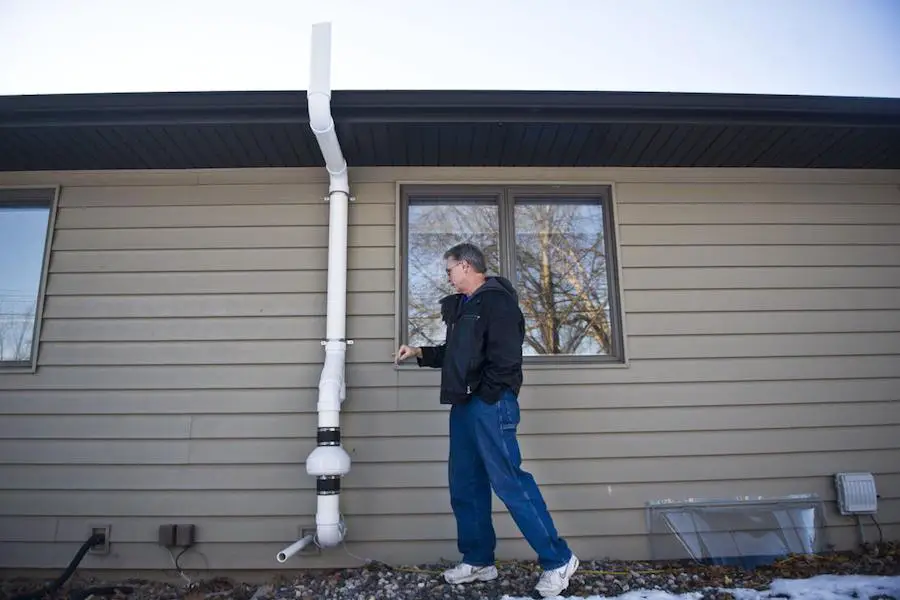
Homes contaminated with radon can be serious health-hazards and need to be treated. Unfortunately, this problem is fairly common, with one in fifteen homes in the United States experiencing elevated levels of radon.
As testing and preventing elevated radon is the home is considered a part of home maintenance and not an unforeseeable event, radon mitigation is not covered by homeowners insurance.

Of course, once your home has been determined to have more radon than deemed safe by the Environmental Protection Agency (EPA), radon mitigation needs to be done on your home and property to make it safe to live there.
Understanding Radon Exposure
If a home has elevated levels of radon in its, that means there is exposure from underneath the home. Radon builds up as the result of uranium that is breaking down in the soil, rock, and water beneath your home, and, for radon tests to detect higher amounts of radon, there must be openings that are allowing radon to enter the house itself.
The pressure of the environment inside the home tends to be lower than the pressure in the ground surrounding its foundation. If there are openings in the home’s foundation, that negative pressure difference will naturally draw radon up from the soil, water, and rock beneath the home.
These openings can be in the form of:
- Groundwater wells
- Cracks in the foundation’s concrete slab
- Gaps in building material and structural components of the home
- Openings near joints between floors and walls
- Openings around pipe systems
- Crawl spaces
Radon in the air of your home will be inhaled and, as radon is a known carcinogen, can be extremely dangerous to your health.
Testing For Radon
When you’re on the market for a new home, radon testing should be done prior to you purchasing any listing. Although technology has advanced to the point that radon mitigation can be incredibly effective, there’s no reason that you should put yourself or your family through the stress of moving into a new home, only to find out you have to vacate it immediately.
Since radon exposure is so common in homes in the U.S., the EPA recommends that any house you are preparing to buy or sell be tested. Additionally, you can ask a seller if a home with relatively new construction had radon-proofing material used to build the home.
Mitigating Radon In Your Home
If you find out that your home does have elevated levels of radon, it’s important that you have radon mitigation done on your home as soon as possible. You should also remove yourself and your family members from the home to prevent exposure to concentrated radon gases until the process is complete.
Radon mitigation uses suction pipes and sealing methods to remove the radon already in your home as well as block the sources of exposure from beneath and around your home’s foundation. Additionally, sub-slab depressurization processes will be used to create negative pressure below your foundation so that radon will not be sucked into the indoor atmosphere of your home.
Radon mitigation can be done in a single day and will be effective immediately. After the work is complete, you can retest your home and, given a clean reading, can move back in right away. Although home insurance won’t cover the cost, radon mitigation, which runs from $1,000 to $2,500, is well worth the safety to you and your family’s health.
Any time you’re considering a property or have work done on your foundation or other significant renovations, make sure to have radon testing done so that you are ensured that your home has safe living conditions.

